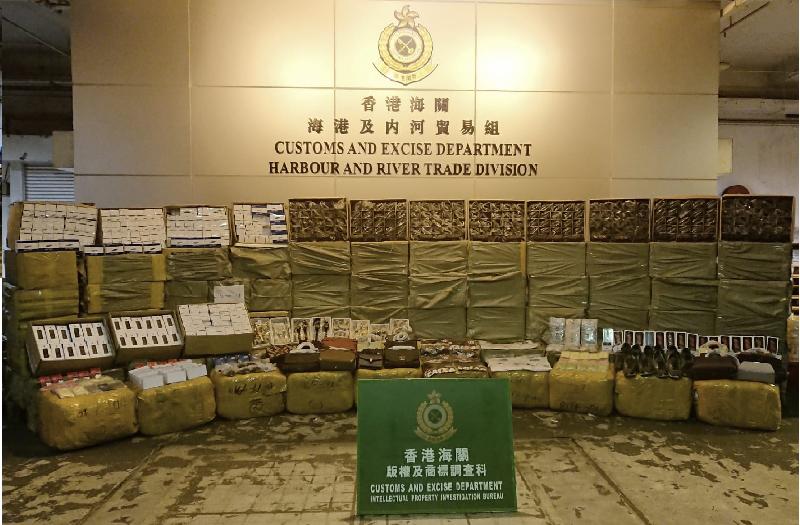Application forms for GSH Flats 2018 available from tomorrow (with photos)
The following is issued on behalf of the Hong Kong Housing Authority:
The Hong Kong Housing Authority (HA) announced today (December 20) that Green Form (GF) applicants who intend to purchase flats in Lai Tsui Court, Cheung Sha Wan, under the Sale of Green Form Subsidised Home Ownership Scheme (GSH) Flats 2018 (GSH 2018), may submit applications from December 28, 2018 to January 10, 2019. Application forms will be available from tomorrow (December 21).
A total of 2 545 flats located at Blocks 1 to 4 of Lai Tsui Court at Lai Chi Kok Road of Cheung Sha Wan will be offered for pre-sale under GSH 2018. The saleable areas range from about 17.1 square metres to about 42 square metres. By applying a discount of 58 per cent to assessed market values, the average selling price is $67,200 per square metre (or $6,243 per square foot) of saleable area. The selling price of the flats ranges from $932,500 to $3,062,100.
A new sales office (GSH Sales Unit) has been set up in Kwun Tong to handle applications and sales arrangements for GSH flats. GSH project information, building models and doll houses will be displayed there from 8am to 7pm every day from tomorrow to January 10, 2019 for inspection by the public.
The GSH Sales Unit is located at 1/F, Pioneer Place, 33 Hoi Yuen Road, Kwun Tong, Kowloon (near Kwun Tong MTR Station Exit B3). It is also accessible by various bus lines at Hoi Yuen Road and Kwun Tong Ferry Pier Bus Terminal (opposite to Pioneer Place) (See attached location map of the GSH Sales Unit).
Application forms and guides together with sales booklets will be available for public collection at the GSH Sales Unit from tomorrow to January 10, 2019. Apart from the GSH Sales Unit, these documents can also be obtained during office hours from the HOS Sales Unit at the HA Customer Service Centre (HACSC) at Lok Fu, the estate offices and District Tenancy Management Offices of the HA, rental estate offices of the Hong Kong Housing Society, the Home Affairs Enquiry Centres of the Home Affairs Department and the Sham Shui Po Housing Information Centre. Soft copies of the sales booklet will be uploaded to the designated website of the HA while the application form and application guide will be available at HA/ Housing Department's website (www.housingauthority.gov.hk/gsh/2018) for viewing and downloading.
A spokesman for the HA said, "To streamline application procedures, applicants with valid GF applications under the Sale of Home Ownership Scheme Flats 2018 (HOS 2018) will not need to submit separate applications nor pay the application fee for GSH 2018, provided that they still meet the eligibility criteria for GSH 2018. Valid GF applicants of HOS 2018 will be notified of this new arrangement.
"However, those HOS 2018 GF applicants who wish to change their family composition for their GSH 2018 applications have to submit new applications upon payment of the application fee of $240, including those who want to change the applicants or join the 'Priority Scheme for Families with Elderly Members' in GSH 2018 but have not done so in their HOS 2018 applications even they are eligible.
"The closing time for receiving applications at the GSH Sales Unit is 7pm on January 10. The HOS Sales Unit at the HACSC at Lok Fu will no longer accept GSH applications. Applications submitted before or after the application period will not be accepted.
"Balloting is expected to be held in February 2019. Eligible applicants are anticipated to be invited for flat selection starting from March 2019 according to their priority order," the spokesman said.
The sales brochure covering full details and the price list for Lai Tsui Court will be made available for public collection at the GSH Sales Unit seven days before the commencement of flat selection. Soft copies of these documents will also be uploaded to the designated website.
For enquiries on matters concerning application for the purchase of GSH flats, please call the HA's 24-hour Hotline 2712 8000.







